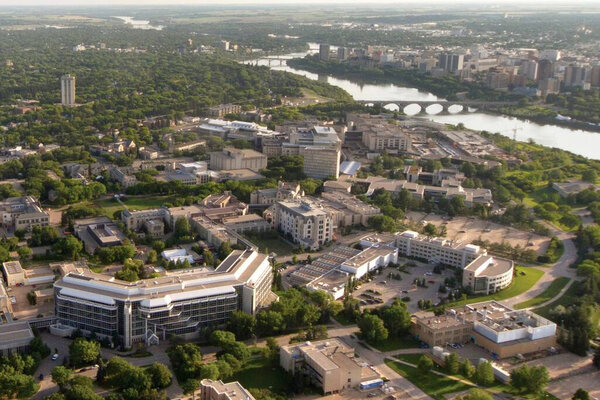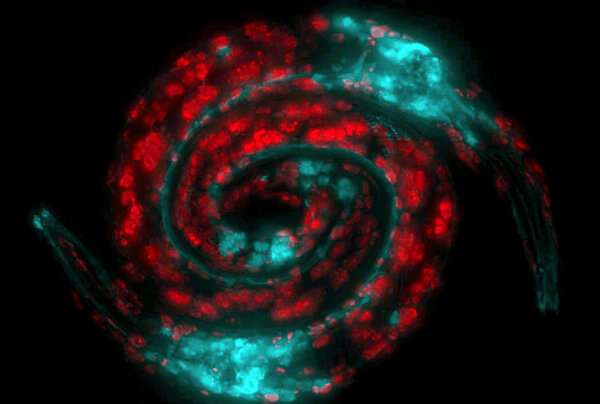
Arts and Science undergoes curriculum renewal
English language writing, Indigenous learning and quantitative reasoning will be new requirements for graduates starting in 2020
By Shannon Boklaschuk
Program changes underway in the College of Arts and Science are the result of the first major college-wide curricular renewal process in 50 years.
Starting in 2020, students pursuing undergraduate degrees in the college will need to meet an English language writing requirement, an Indigenous learning requirement and a quantitative reasoning requirement to be eligible to graduate from the University of Saskatchewan.
“Our curricular changes set forth clearer and more flexible degree structures that will simplify degree pathways and better accommodate interdisciplinary programming,” said Dr. Gordon DesBrisay (PhD), vice-dean, academic in the College of Arts and Science.
“In introducing three new degree requirements across all degree programs, the changes will also help lay firm foundations for the basic skills and cultural competencies our graduates need as they prepare to face the challenges and opportunities of the 21st century.”
The changes were a decade in the making, with six college-wide learning goals identified as part of the curricular renewal process initiated in 2008.
The goals were to: develop a wide range of effective communication skills, with an emphasis on writing; encourage personal development, growth and responsibility; engage students in inquiry-based learning, critical thinking and creative processes; prepare thoughtful, world-minded, educated, engaged citizens; cultivate an understanding of and deep appreciation for the unique socio-cultural position of Indigenous people in Canada; and engage students in quantitative reasoning.
Those six goals are reflected in the new degree requirements, said DesBrisay, who noted the curricular renewal process involved significant consultation and collaboration and included more than 150 staff and faculty serving on committees and working groups.
“We believe that the resulting changes will be good for our students, good for our faculty, good for our college and, by extension, good for the University of Saskatchewan,” he said.
Dr. Peta Bonham-Smith (PhD), dean of the College of Arts and Science, said the college is committed to preparing learners for the challenges and opportunities they will face upon graduation.
For example, quantitative reasoning underpins the entrepreneurial skills that fine and performing artists will need, while strong writing and communication skills will help scientists explain their research to various audiences. The Indigenous learning requirement will enhance students’ cultural competency and “is reflective of who we are and where we are,” she said, noting USask is situated on Treaty 6 Territory and the Homeland of the Métis.
“All of these skills are being requested and required by future employers,” said Bonham-Smith. “Our college is adapting to meet the expectations of tomorrow’s world and tomorrow’s workplaces.”
While it’s the first time since 1968 that college-wide curriculum renewal has taken place, Bonham-Smith emphasized that Arts and Science programs are continually assessed and revised.
“Our departments are annually reviewing and refreshing their program curricula,” she said.
Developing new curricula aligns with the college’s seven-year plan, which was officially launched on Nov. 21, 2018.
Titled Think Big – Be Bold: Arts and Science 2025, the plan is forward-looking and ambitious. Bonham-Smith said those characteristics are reflected in the document’s title, which also serves as a call to action. Students, faculty and staff are encouraged to think big about big ideas and to be bold in bringing those ideas to fruition.
“One of the strengths of our college is that we are accustomed to working together across disciplinary lines to develop new ideas and to find solutions to pressing issues,” she said.
Bonham-Smith said the college plan is “very student-focused.” In fact, putting students first is one of the plan’s four major college-specific commitments, along with diversity and equity in faculty and staff, excellence in research, scholarly and artistic work, and new curricula.
“Our plan embraces what we value as a college and as a university, and that is Indigenization, internationalization, interdisciplinarity and collaboration,” she said.


